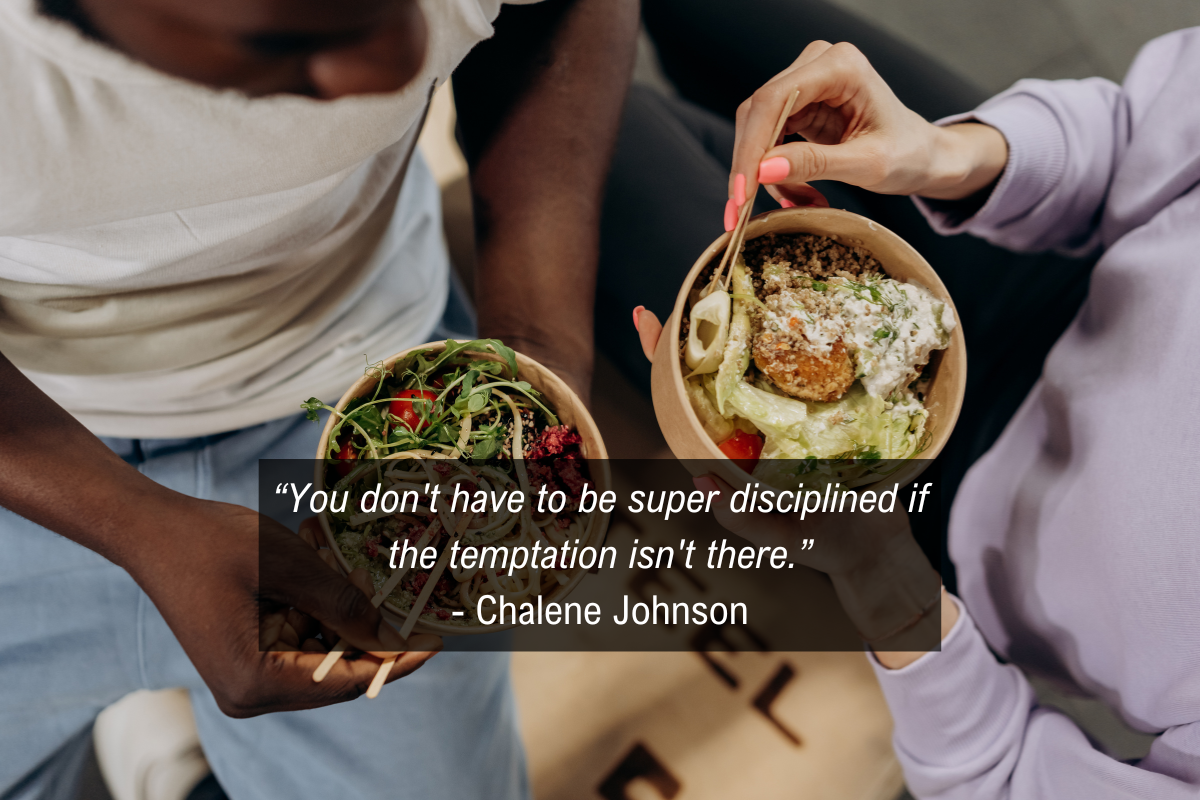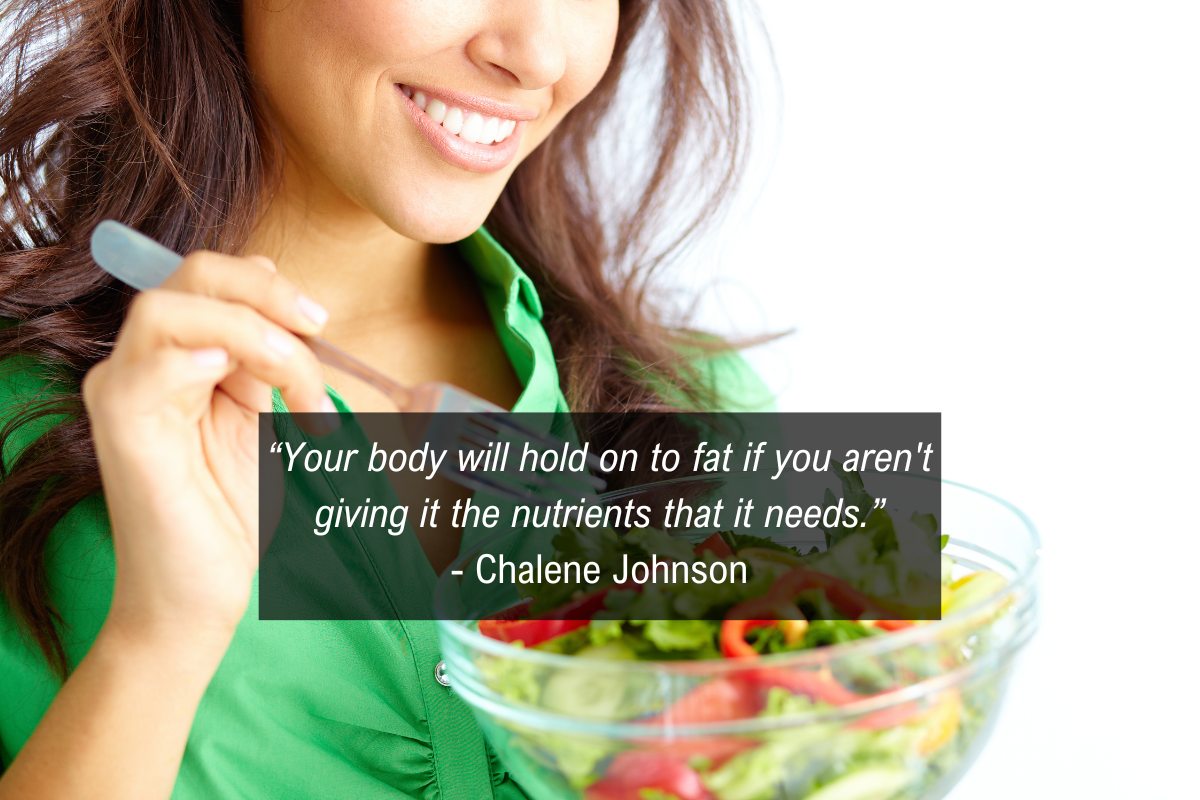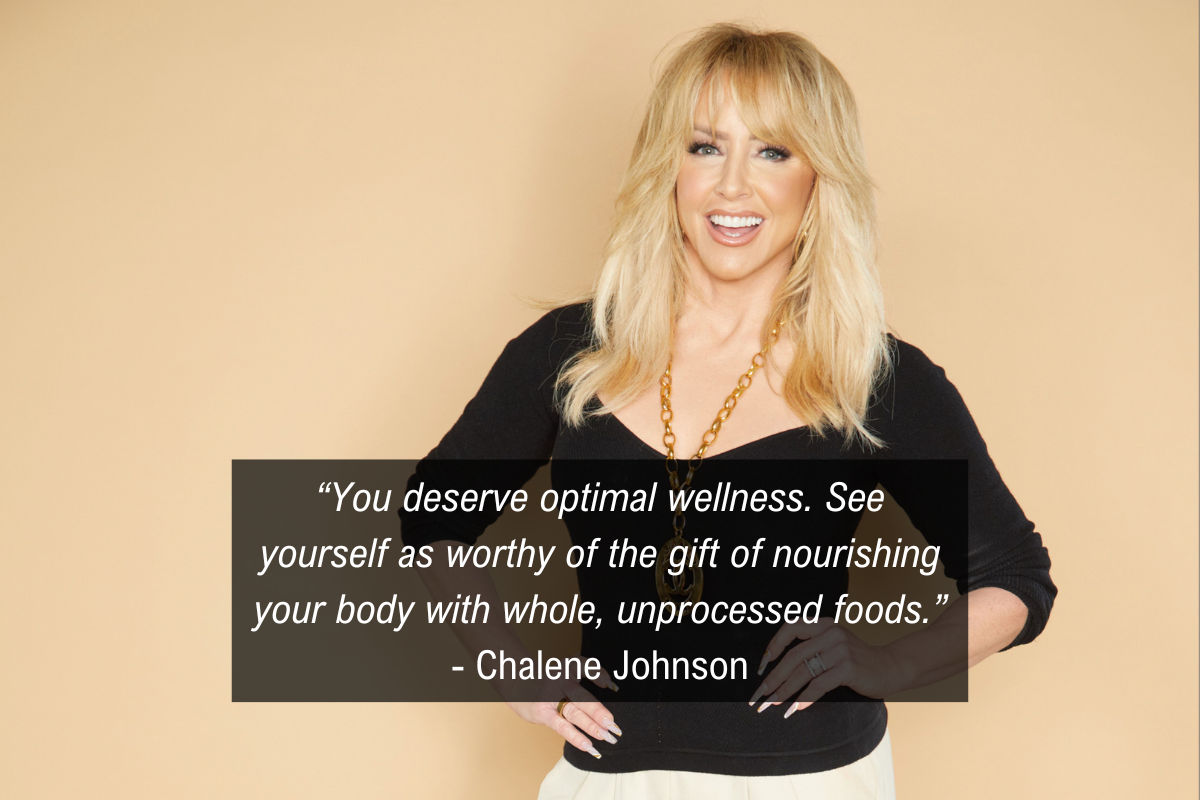Ever find yourself feeling like a fitness pro but a complete novice when it comes to nutrition? You're not alone! Today, let's talk about how to bring your diet game up to the level of your fitness regimen, and why the “perfect diet” is different for everyone.
Identifying Your Diet Dilemma: Type A or Type B?
In the world of nutrition, there are two types of people—Type A and Type B.
- Type A: You're already clued into nutrition. You know about macros, calorie counts, and the dangers of processed foods, but somehow you're still not implementing what you know.
- Type B: You find yourself utterly baffled by nutrition basics. You don't even know what “macros” are, let alone what your ideal calorie range should be.
Whichever type you are, understanding the principles of nutrition is crucial. Your body will hold onto fat like a toddler clutching a security blanket if you don't feed your muscles adequately. I discovered this the hard way by running myself ragged with cardio while skimping on nutrition.
The Importance of Professional Guidance in Your Nutritional Lifestyle
If you're feeling overwhelmed, there are experts out there who can tailor advice to fit your unique needs. My go-to recommendation is Mia Finnegan, a nutrition expert specializing in the over-50 crowd. She's exceptional at one-on-one assessments that educate and empower.
Mindset Matters: The Psychological Aspect of Dieting
While knowing what to eat is important, understanding why you eat is equally crucial. Ask yourself:
- Have you become your own worst enemy with a defeatist attitude?
- Is stress driving you to make poor choices?
- Have bad habits crept in over time?
Your reasons—or your “why”—for wanting better health need to be compelling. If they're not, chances are you'll keep failing to meet your goals.
Planning Ahead: The Bedrock of Consistency in Nutrition
Sure, deciding to make a change is a start, but it's not enough. Your brain craves clarity, not wishful thinking. While I'm not a fan of rigid meal plans, I do believe in planning your meals for the next couple of days. This ensures that you'll actually stick to a healthier regimen.
Finding Balance: Why I Don't Obsess Over Macros
Constantly tracking every macro and calorie can take the joy out of eating. My approach? I do a tracking “phase” for one week every quarter to make sure I'm still on the right path, especially if my favorite pair of jeans starts feeling snug.
Nutrition as a Lifelong Commitment, Not a Fad
Forget short-term diets—they're not sustainable. What you need is a balanced approach that you can maintain for life. Remember, nutrition is not one-size-fits-all. Different diets work for different people at different stages of their lives.
Parenting and Diet: A Responsibility to Role Model
If you're a parent, it's important to lead by example but without demonizing certain foods. Your kids will eat what's readily available, so make the healthy choice the easy choice.
Ditching the Scale for a More Holistic Health Metric
Numbers on a scale can really mess with your head. Instead, focus on body composition and overall well-being as better indicators of your health.
The Final Word: Your Diet, Your Choice, Your Life
You are worthy of optimal wellness, so treat your body with the respect it deserves by nourishing it with whole, unprocessed foods. Now, let's not stop the conversation here.
Ready for the next level of your health journey?
Listen to episode #860 of The Chalene Show. Want more? Subscribe to the show and don't forget to rate and review.
For a deeper dive into dieting, check out these past episodes:
- Under-eating and Reverse Dieting with Julie Ledbetter – 594 and Episode #853 – Diet and Fitness Culture Can Kill Your Vacation Vibe.
- Get social and follow @mia_finnegan and @trainwithjoan on Instagram.
- For emotional eating struggles, visit Dr. Mcayla’s website.
- And if you love being part of a community, download the Patreon App and join The Chalene Show at patreon.com/TheChaleneShow and join the PodSquad.






